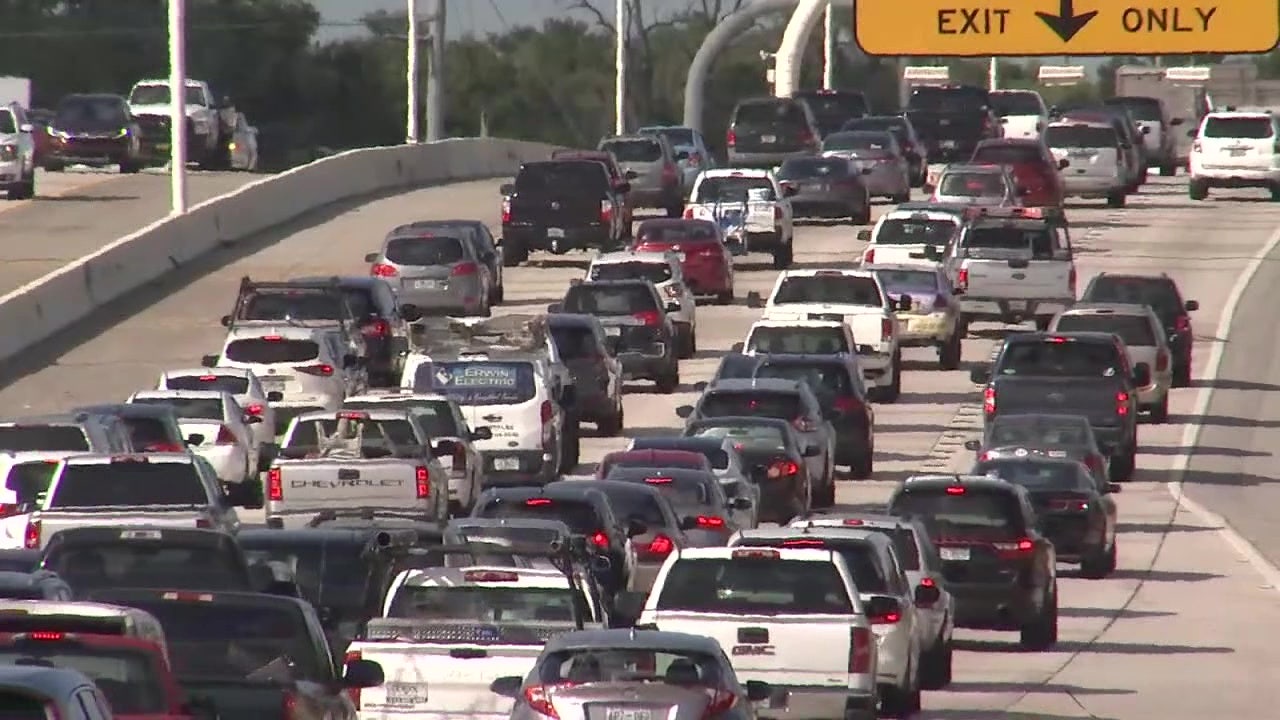Jobs
Bangladesh: Students’ protests over job quota system escalate – Vatican News

Despite a ban on public rallies and Prime Minister Hasina’s promises, students continue protests against the controversial government job quota system clashing with police forces amid widespread disruption of telecommunications.
By Lisa Zengarini
Bangladesh is reeling from days of students’ protests against a controversial government job quota system, that has escalated this week into violent clashes across the country with police forces and between opposing factions reportedly killing at least 39 people.
On July 18 police fired tear gas and rubber bullets to disperse protesters who torched vehicles, police posts and other public buildings in the capital Dhaka. In the evening several thousand demonstrators stormed the state broadcaster BTV, setting parts of it on fire, interrupting broadcasts.
The government jobs quota system
The students are protesting the controversial quota system reserving 30% of public sector jobs for the relatives of veterans of the country’s war for independence from Pakistan in 1971.
With high youth unemployment, students are pressing for a new system based on merit arguing that the current scheme is discriminatory. Critics say it benefits supporters of Prime Minister Sheikh Hasina’s Awami League which has ruled the country since 2009.
Hasina’s government had scrapped the quota system following previous protests in 2018, but a high court reinstated it in June this year. The government appealed against the verdict and the Supreme Court suspended the high court order, pending a hearing of the government’s appeal on August 7.
Worsening economic conditions and unemployment
The latest unrest has been fuelled by worsening economic conditions, including high inflation, rising unemployment and depleting foreign reserves. Nearly a fifth of the country’s 170 million population is out of work or education.
The protests are the first significant challenge to Hasina’s government since she won a fourth consecutive term in January in an election boycotted by the opposition and are growing into a wider expression of discontent with her autocratic rule.
Growing discontent with PM Hasina’s autocratic rule
Hasina has long been accused by opposition and rights groups of misusing state institutions to stay in power and of clamping on dissent, even through extrajudicial killings of opposition activists.
Earlier this week the government had ordered schools and universities to close indefinitely and on Thursday authorities cut some mobile services in an effort to bring the law and order situation under control.
In a further attempt to quell the protests, on Wednesday the Prime Minister addressed the nation on TV promising her government would set up a judicial panel to investigate the deaths during the clashes and assuring that those responsible would be brought to justice. She asked the students to be patient until the Supreme Court’s verdict next month.
Protests ongoing
However, the protesters have vowed to continue their campaign and protests are ongoing, despite police banning public rallies, with telecommunications widely disrupted.
According to broadcaster Independent Television, more than 700 people were injured on July 18 including 104 police officers and 30 journalists. Local sources reported that three more people were killed on Friday.
Meanwhile, police authorities have announced the arrest of Ruhul Kabir Rizvi Ahmed, one of the leaders of the opposition Bangladesh Nationalist Party (BNP), which is supporting the protests.









